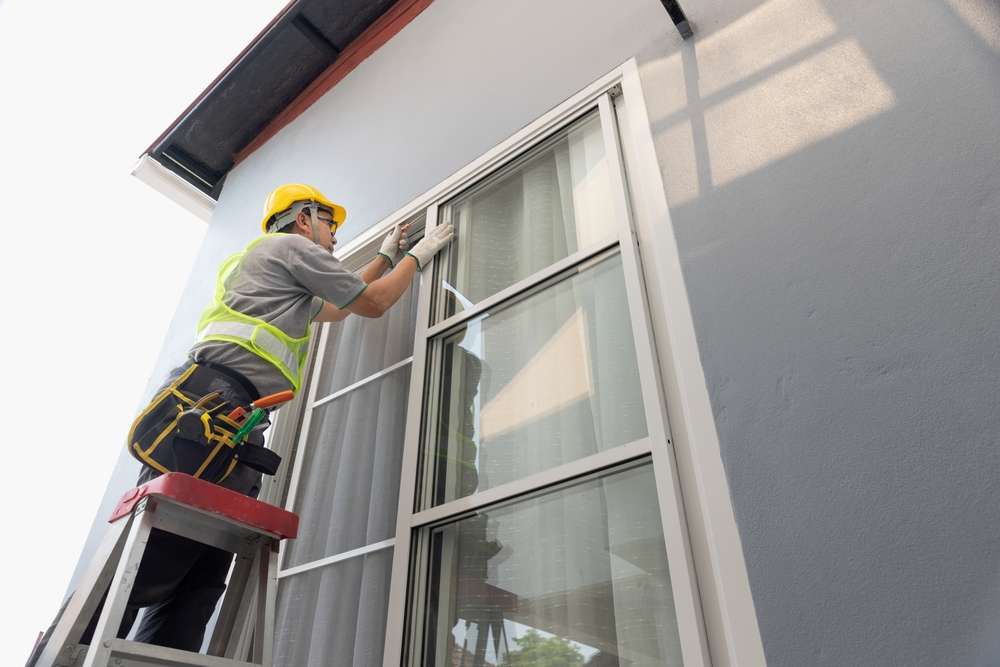Plumber Careers in Oman—What’s Shaping the Local Job Landscape Today
Plumbing roles in Oman have evolved in response to urban development, infrastructure projects, and shifts in housing demand. Discover what might surprise most job seekers about the current market, and learn how unique regulations and climate conditions influence everyday work for plumbers. Local expectations and safety standards make for an environment where expertise and adaptability stand out—without relying on over-promises or empty hype.

Oman’s construction sector and residential development continue to influence the demand for skilled tradespeople across various specializations. Plumbing professionals support essential infrastructure, from water supply systems to drainage networks, and their expertise remains critical as building standards evolve and maintenance needs grow. This article examines the factors shaping opportunities in this field, the realities of daily work, and what professionals can expect when pursuing a career in this trade.
Daily Realities of Plumbing Work in Oman
Plumbing work in Oman involves a range of tasks that vary depending on the setting. Professionals may work on new construction sites, handle residential repairs, or maintain commercial facilities. Daily responsibilities often include installing pipework, repairing leaks, fitting water heaters, and ensuring compliance with local building codes. The climate in Oman presents unique challenges, particularly during summer months when outdoor work can be physically demanding. Many professionals work in teams, coordinating with contractors, electricians, and other tradespeople to complete projects efficiently. Shift patterns can vary, with some roles requiring on-call availability for emergency repairs. The work environment ranges from indoor installations in air-conditioned buildings to outdoor sites exposed to heat and dust. Physical stamina, problem-solving skills, and attention to detail are essential attributes for success in this field.
Common Challenges Faced in the Omani Market
Professionals in this trade encounter several challenges specific to the local context. Material availability can sometimes be inconsistent, requiring flexibility in sourcing supplies and adapting to alternative products. Language barriers may arise on diverse construction sites where workers speak different languages, making clear communication essential for safety and efficiency. Regulatory compliance is another consideration, as building codes and standards are periodically updated to reflect modern practices and environmental concerns. The competitive nature of the market means that professionals must continually update their skills to remain relevant. Additionally, fluctuations in construction activity tied to economic cycles can impact job stability. Seasonal variations in workload are common, with peak periods during cooler months when construction projects accelerate. Managing client expectations, particularly in residential settings, requires strong interpersonal skills and the ability to explain technical issues clearly.
What Professionals Say About Job Satisfaction and Outlook
Those working in this field often cite the tangible nature of their work as a source of satisfaction. Completing a successful installation or resolving a complex issue provides immediate feedback and a sense of accomplishment. The variety of tasks and settings helps prevent monotony, as no two projects are identical. Many professionals appreciate the stability that comes with essential trade skills, as plumbing services remain in demand regardless of economic conditions. Career progression opportunities exist for those who gain experience and pursue additional certifications, with some advancing to supervisory roles or starting their own businesses. However, the physical demands of the work and the need to stay current with evolving technologies and regulations require ongoing commitment. The outlook for skilled tradespeople in Oman remains steady, supported by government investment in infrastructure and continued residential development. Professionals who adapt to new materials, techniques, and environmental standards are likely to find sustained opportunities.
Trends in Construction and Home Repair Hiring
The construction sector in Oman has seen shifts in recent years, influenced by economic diversification efforts and infrastructure projects. Large-scale developments, including residential complexes, commercial centers, and public facilities, create demand for skilled tradespeople during construction phases. Home repair and maintenance services also represent a significant portion of the market, as existing buildings require ongoing upkeep. There is growing interest in water conservation technologies and energy-efficient systems, reflecting broader environmental priorities. This trend encourages professionals to familiarize themselves with modern fixtures, smart home systems, and sustainable practices. The rise of property management companies and facility maintenance contracts has created more structured employment opportunities, offering regular work and benefits compared to freelance or project-based arrangements. However, competition for positions can be intense, particularly for roles with established companies. Networking, reputation, and demonstrated expertise play important roles in securing opportunities.
Certification and Skill Requirements for Plumbers
Entering this profession in Oman typically requires a combination of formal training and practical experience. Vocational training programs provide foundational knowledge in plumbing systems, safety protocols, and installation techniques. Apprenticeships or on-the-job training under experienced professionals allow newcomers to develop hands-on skills and understand local practices. While specific certification requirements may vary depending on the employer and project type, possessing recognized qualifications enhances credibility and employability. Familiarity with local building codes and regulations is essential, as compliance is mandatory for all installations and repairs. Technical skills such as reading blueprints, using specialized tools, and troubleshooting system failures are fundamental. Soft skills, including communication, time management, and customer service, are equally important, particularly for those working directly with clients. Continuous learning is necessary to keep pace with advancements in materials, equipment, and environmental standards. Some professionals pursue additional certifications in areas such as gas fitting, HVAC systems, or green building practices to broaden their expertise and increase their marketability.
The plumbing profession in Oman is shaped by a combination of infrastructure development, environmental considerations, and evolving technical standards. While the work presents physical and logistical challenges, it offers stability and tangible rewards for those with the right skills and commitment. Understanding the daily realities, market dynamics, and skill requirements provides a clearer picture of what to expect in this essential trade. As construction and maintenance needs continue, skilled professionals who adapt to changing demands will remain valuable contributors to Oman’s built environment.




